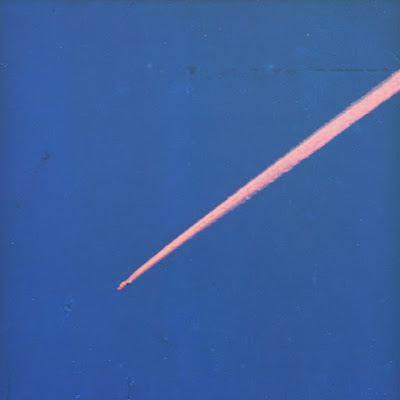Feeling alone should never be gorgeous. Isolation, though once Thoreau’s muse at Walden, is more often a catalyst toward insanity than it is a saving grace. However, Archy Marshall is no stranger to unlikely pairings.
Performing as King Krule, Marshall is in possession of one of music’s darkest, deepest and most pain-filled voices. His own aesthetic, skinny with tousled tomato-red hair sloppily perched atop his cherubic face, looks far more like Carl Switzer’s Alfalfa re-cast as a 23-year-old Brit than a prophet of despair. The OOZ, the artist’s third studio album, executes alchemy with piercing loneliness as Krule’s sorrow propels his most stunning work to date.
Though royal in name, King Krule spends The OOZ in the lowest depths of the gutter. On “Biscuit Town,” the album’s opener, Krule croons his predicament with a distinctly British bravado.
“Still had dreams of being young Franco Zola,” laments Krule in the song’s opening verse. “For at least for now, it’s all over/ Yeah, at least for now, it’s all over.”
“Franco Zola,” or Gianfranco Zola is an Italian former soccer star whose playing days at Chelsea most likely brought the athlete to the artist’s attention. He represents Krule’s faded goals — the grandeur of celebrity through sport that becomes increasingly minute with each passing year. Now 23, Krule finds himself in the existential void that is the mid-twenties, past the midnight deadline for childhood goals.
Yet The OOZ seeps forward. “The Locomotive” is an ocean of a song, with the instrumental and Krule’s own voice working as a pendulum between calming lows and thrashing, majestic peaks. “Dum Surfer” is an exuberant meltdown, with Krule’s single voice packing the full energy and brashness of The Ramones.
“As my brain’s diluting, I suffer from whiplash,” belts Krule. “This girl’s now screaming, I think we’ve gone and crashed/ The driver’s speaking and the car is still intact.”
Krule’s world is a wasteland of his own survival, a heaping mess of car crashes, unrequited love and mental illness. On “Czech One,” first released as a single, Krule is the Billy Joel of his own dystopian world.
“She asked me why I’m here,” recounts Krule as he weaves his tale. “But I come here every night/ Do you need to tell her something?/ No, I need a place to write.”
He continues with the words of a man slumped on a barstool at a 24-hour diner, defeated and exhausted by booze and life. No customers sit beside him, and no employees are in sight, but Krule weeps over a beauty unfit for his suffering universe.
“Light-years to sit upon/ And paint us as we lie,” reflects the punctured soul. “And to think it’s us she’s wasted on/ Can’t even look her in the eye.”
He reaches for coffee, but his mug is empty. The OOZ seeps on.



